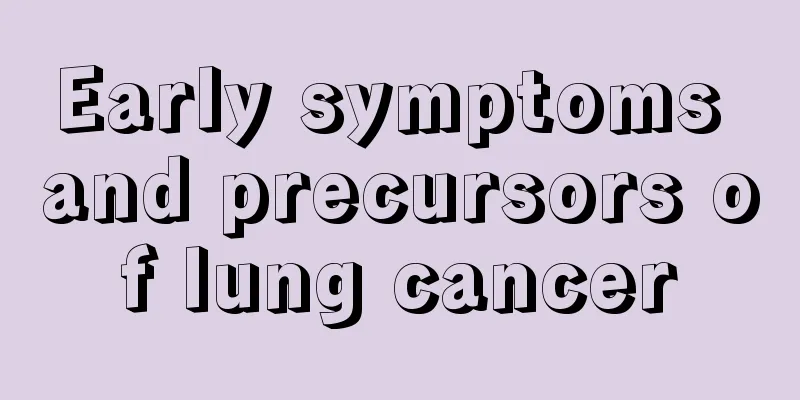How to perform chemotherapy after breast cancer surgery

|
Clinically, patients with stage III and IV breast cancer often have tumor metastasis, so it is recommended that patients undergo chemotherapy as soon as possible after surgical treatment to improve tumor control rate. The specific chemotherapy plan should be formulated under the guidance of a professional doctor, and is usually a 2-3 week treatment. Generally, the drug injection can be completed on the same day. During chemotherapy, breast cancer patients may experience adverse reactions including gastrointestinal reactions, bone marrow suppression reactions, etc., which manifest as nausea, vomiting, and difficulty eating. It is recommended that patients pay attention to rest, eat a light diet, and eat small meals frequently to relieve discomfort symptoms. What should you pay attention to after breast cancer chemotherapy? After chemotherapy, breast cancer patients should pay attention to the side effects of chemotherapy drugs. All chemotherapy drugs can cause gastrointestinal reactions, liver and kidney damage, and bone marrow suppression in patients. Patients may experience symptoms such as nausea, vomiting, and hair loss. Some chemotherapy drugs can cause severe hair loss. Young women or women who pay attention to their appearance can prepare wigs before chemotherapy; pay attention to rechecking liver and kidney function; some chemotherapy drugs have cardiovascular toxicity, and patients need to undergo heart examinations, such as cardiac ultrasound, BNP, and electrocardiograms. Heart damage is irreversible and can endanger the patient's life at any time. What are the chemotherapy options for breast cancer? The commonly used chemotherapy regimen for breast cancer patients is AC-TH, where AC is cyclophosphamide for sclerosing and T is docetaxel or paclitaxel. If the patient is Her-2 positive, Fish test, and immunohistochemistry show positive gene mutation, Herceptin and targeted therapy can be used in combination. For patients with lower risk and earlier classification, the TCH regimen is often used. During radiotherapy, attention should be paid to the cardiotoxicity of drugs. Patients with heart disease can choose other treatment options. Please consult the doctor for the specific condition and follow the doctor's face-to-face consultation. |
<<: Causes of nasopharyngeal carcinoma
>>: What are the common symptoms of lung cancer
Recommend
What to do if your spine is deformed?
The spine is one of the most complex skeletal tis...
Compound Aescin Sodium Gel
Compound sodium aescinate gel is mainly used to t...
How to treat esophageal cancer in the eighties
Esophageal cancer patients in their eighties can ...
What are the treatments for arterial embolism?
The treatment of arterial embolism includes surgi...
How to clean the air conditioner radiator?
In modern life, people's material living stan...
What to do if you have a cough caused by influenza
Influenza outbreaks occur frequently during the S...
What are the advantages and disadvantages of pressure
The benefits of stress are that it makes people m...
How to correctly diagnose malignant lymphoma at early stage
Malignant lymphoma is a typical lymphoma symptom....
What are the treatments for lumbar disc bulging
Lumbar disc bulging is a major cause of low back ...
What are the harms of drinking to the liver
Drinking has become a common thing for many young...
Why don’t I gain weight no matter how much I eat
Some people are born with the ability to never ga...
What are the precautions for upper gastrointestinal tract barium meal radiography
Upper gastrointestinal tract barium meal radiogra...
How to apply magnesium sulfate externally
Magnesium sulfate is a drug that is widely used i...
What to use instead of shampoo
There are many kinds of modern detergents, and de...
Three major symptoms of ovarian granulosa cell tumor
The patient was 27 years old, female. She suddenl...









